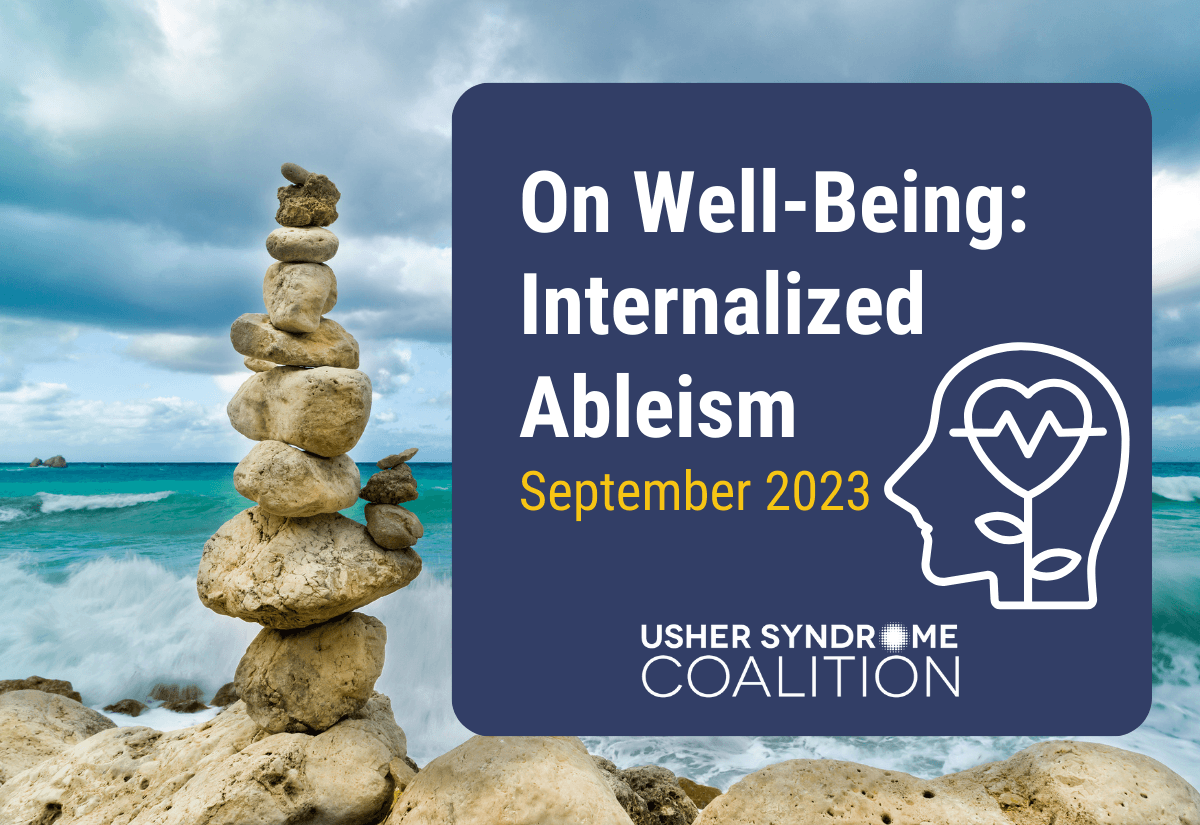
What does “ableism” mean to you? What does the phrase “internalized ableism” make you think about? Perhaps the beliefs and values society holds about disabled people?
Merriam-Webster’s definition of the word “ableism” is: “discrimination or prejudice against individuals with disabilities.” Ableism is often deeply embedded in culture where disabilities are something to “overcome,” or are tolerated at best.
Failure to comply with disability rights laws, like the Americans with Disabilities Act (ADA), often stems from ableism. Smaller, sometimes subconscious examples of ableism, called microaggressions, include but are not limited to:
- Ignoring requests for accommodations (i.e., captions during virtual meetings).
- Refusing to acknowledge someone’s disability.
- Saying, “You don’t look disabled,” as though this is a compliment.
- Using words like “normal” and “healthy” to describe non-disabled people.
- Viewing a person with a disability as inspirational for doing typical things, such as having a career.
The effects of ableism may be so prevalent that people with disabilities may impose society’s ableist standards on themselves.
This is known as internalized ableism.
Internalized ableism can have various impacts. It can cause people to struggle to advocate for their needs because they've internalized the sense of not wanting to “be a burden.”
Internalized ableism can be experienced in different ways, including feeling like you don’t fit into the disability community, feeling that you don’t “deserve” accommodations, etc. “When emulating the norm, the disabled person is required to embrace an identity that is not one's own.” (Jóhannsdóttir, 2022)
The effects of internalized ableism may also be compounded by a feeling of injustice, a sense of frustration with having to educate others about your disability, the accommodations you need, and sometimes the need to remind others that you do indeed have a disability. (Kattari, 2018)
Usher syndrome can be considered an “invisible disability” because, to an outsider, you “look normal.” Do you ever feel like you have to “prove” your disability? Do you ever struggle to ask for accommodations?
We are here to remind you that you are worthy, you are valued, and you are not alone.







